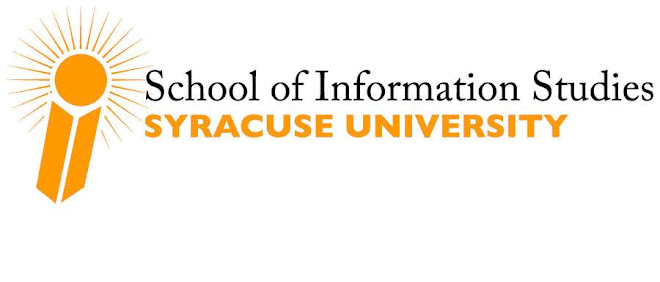Many college students—whether campus based or distance learning—today have taken at least one course online and most are very familiar with online learning environment. A group of faculty and Ph.D. students, led by panelist Syracuse Professor Kevin Crowston, gathered Wednesday morning to discuss how online courses have changed the teaching experience for faculty and learning for students.
The group raised a variety of issues including the impact to content, social interactions, assessment, privacy, plagiarism, and learning styles.
Participants varied in their experiences when it came to campus-based students’ enjoyment and involvement in taking courses online. One school reported that its graduation rates were highest among students who both took campus-based and distance-learning courses.
Online learning works well in skill development courses and in stretching the amount of time for interactions among students and teacher beyond the traditional scheduled “class hours.”
Sharing work in a public online forum also tended to raise the bar for students. “If you know your peers will be checking your work, maybe you’ll try it a little harder,” Crowston said.
Participants that they had to find new ways of assessment as all quizzes and tests had to be “open book,” and most had done away with timed exams, opting instead for final projects that showcased the application of the knowledge acquired over the course of the semester.
Questions were raised about the definition of learning and knowledge. Is it mean being able to apply what you learn or be able to recall the information from memory?
“In the courses I teach, knowledge means being able to use tools,” Crowston said.
The group also discussed tools to detect plagiarism, which is easy to do with so much information available online.
"It's easier today for us to catch plagiarism than it is for students to do it," one participant concluded.
Wednesday, February 11, 2009
Subscribe to:
Post Comments (Atom)


No comments:
Post a Comment